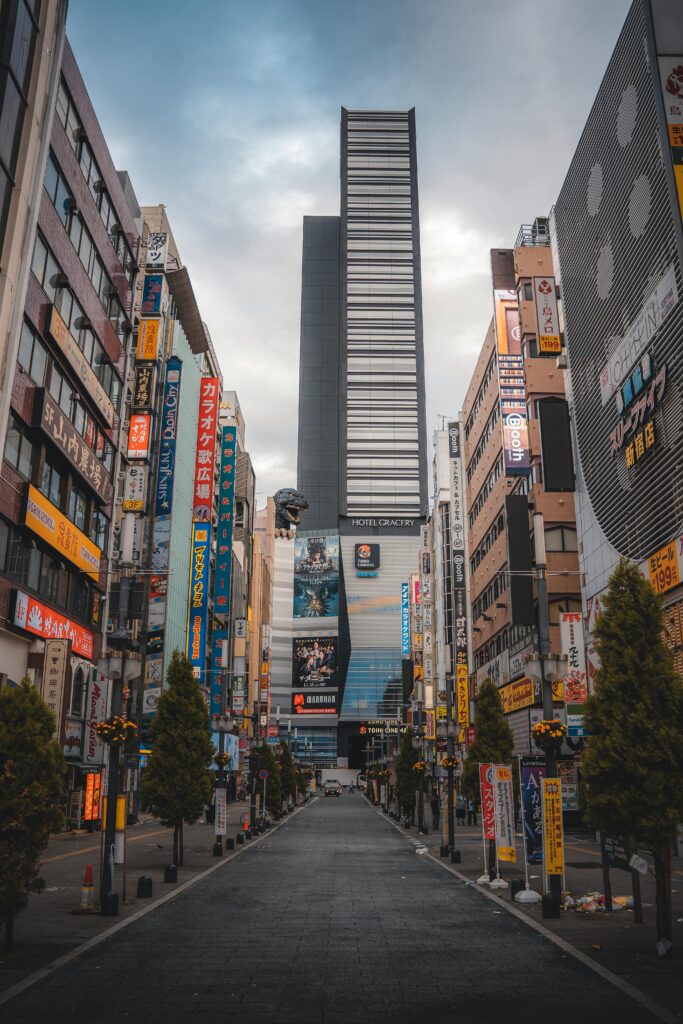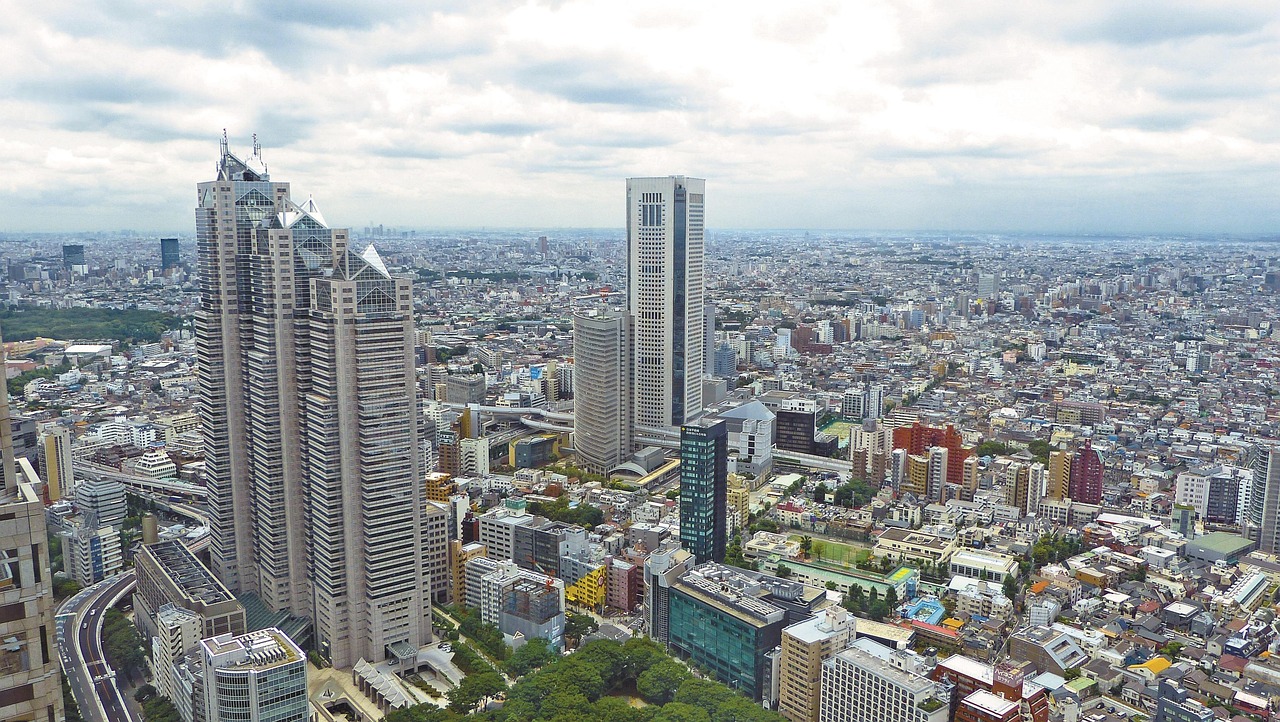Japan’s competition authority has stepped in to curb potentially anti‑competitive behavior among some of Tokyo’s most prestigious hotels. In April 2025, the Japan Fair Trade Commission (JFTC) notified 15 operators of high‑end properties—including the Hotel New Otani, Hyatt Regency Tokyo, Imperial Hotel Tokyo, Keio Plaza Hotel Tokyo, The Okura Tokyo, and Palace Hotel Tokyo—of impending administrative guidance after finding they regularly exchanged room‑rate and occupancy data in gatherings that “approach cartel behavior.”

What Happened?
- Regular Price Meetings: Sales representatives from these hotels met nearly every month—some for decades—to share sensitive information such as planned room rates, projected occupancy levels, and promotional schedules.
- JFTC Findings: While the JFTC did not allege explicit collusion to set prices, it determined that the mere sharing of this competitively sensitive data “reduces uncertainty” and can facilitate coordinated pricing, violating principles of fair competition.
- Administrative Guidance: Rather than imposing fines, the JFTC will issue a non‑binding “cease and desist” advisory under its administrative guidance framework, calling on the hotels to stop such practices immediately. Continued infractions could, however, trigger stronger enforcement actions—potentially including surcharges up to 10% of sales under Article 7 of the Antimonopoly Act.
Why It Matters Now
- Soaring Room Rates: Tokyo’s hotel sector has enjoyed record‑high rates and occupancy in recent years. A Tokyo Shoko Research survey found that, in fiscal 2024, the majority of central Tokyo hotels reported occupancy levels above 80%, with average daily rates exceeding pre‑pandemic highs.
- Post‑Pandemic Tourism Boom: With Japan reopening its borders and benefiting from a weak yen, international arrivals surged in 2024, putting upward pressure on prices. Limited supply—compounded by labor shortages—has made the market particularly sensitive to any coordinated behavior.
- Global Competition Norms: Internationally, tourism regulators and antitrust authorities have increasingly scrutinized the use of revenue‑management and price‑comparison software that can lead to tacit collusion. The JFTC’s move aligns Japan with similar actions in Europe and North America targeting “rate parity” practices.

Broader Context and Next Steps
- Legal Framework: Under the Antimonopoly Act, the sharing of competitively sensitive information—such as future pricing plans or capacity data—can constitute an unfair trade practice, even without formal price‑fixing agreements. Article 19 specifically prohibits trade associations or groups from facilitating such exchanges.
- Monitoring Digital Platforms: The JFTC is expanding its focus to online travel agencies (OTAs) and revenue‑management tools that aggregate competitor pricing. Future investigations may target software providers if they enable hotels to monitor each other’s rates too precisely.
- Industry Self‑Regulation: Hotel associations are expected to issue new compliance guidelines and training to ensure member properties understand the boundaries of permissible information sharing. Many hoteliers are also reviewing internal policies and audit practices to avoid inadvertent violations.
- Consumer and Business Impact: While customers may welcome price stability during high‑demand periods, anti‑competitive coordination can reduce incentives for special offers or genuine discount campaigns, ultimately harming both domestic and international travelers.
Frequently Asked Questions
Q: What is “administrative guidance” by the JFTC?
A: It is a non‑binding advisory in which the JFTC points out problematic conduct under the Antimonopoly Act and requests that firms cease such behavior. Although not immediately punitive, repeated defiance can lead to formal cease‑and‑desist orders and financial penalties.
Q: How does sharing occupancy data facilitate coordinated pricing?
A: When competitors know each other’s future rate plans and capacity forecasts, they can adjust their own pricing in tandem—reducing competitive pressure and leading to higher average rates.
Q: Are ordinary travelers likely to see immediate price cuts?
A: Not necessarily immediately. However, increased competition—once hotels stop sharing sensitive data—can create incentives for more varied promotions and discount periods in the medium term.
Q: Can hotels still use revenue‑management software?
A: Yes, but they must ensure that any data retrieved is aggregated in a way that does not allow identification of specific competitor strategies. Many software providers are updating their products to comply with these guidelines.
Q: What penalties could hotels face if they ignore the warning?
A: Continued infractions can trigger a formal cease‑and‑desist order, and under Article 7 of the Antimonopoly Act, the JFTC can impose surcharge payments of up to 10% of annual sales for up to three years.
Q: How widespread is this practice beyond luxury hotels?
A: While this warning targeted high‑end properties, similar information‑sharing practices have surfaced in other service sectors (e.g., taxis, bus lines) and could prompt broader industry reviews.
Q: What should hotel guests do if they suspect price gouging?
A: Travelers can report concerns to the Consumer Affairs Agency or local tourism boards. In severe cases, class‑action suits may be possible if consumers can demonstrate harm from anti‑competitive practices.
Q: How will this action affect Japan’s tourism recovery?
A: In the long run, ensuring fair competition should foster healthier industry dynamics—encouraging innovation, more diverse pricing strategies, and better service quality, all of which benefit tourists.
Q: Are other countries taking similar measures?
A: Yes. The European Commission and the US Department of Justice have pursued actions against hotels and OTAs over “rate parity” clauses and data‑sharing practices deemed anti‑competitive.
Q: Where can I learn more about the Antimonopoly Act?
A: The full text and guidelines of the Antimonopoly Act are available through the JFTC’s website, including sections on administrative guidance and unfair trade practices.

Conclusion
The JFTC’s warning to Tokyo’s elite hotels underscores the fine line between healthy market analysis and anti‑competitive coordination. As Japan’s tourism sector rebounds to unprecedented levels, regulators are signaling zero tolerance for practices that erode competitive integrity. For hoteliers, the message is clear: maintain robust compliance programs, avoid sharing competitively sensitive data, and embrace genuine competition to drive innovation and consumer choice.
Sources Japan Today


